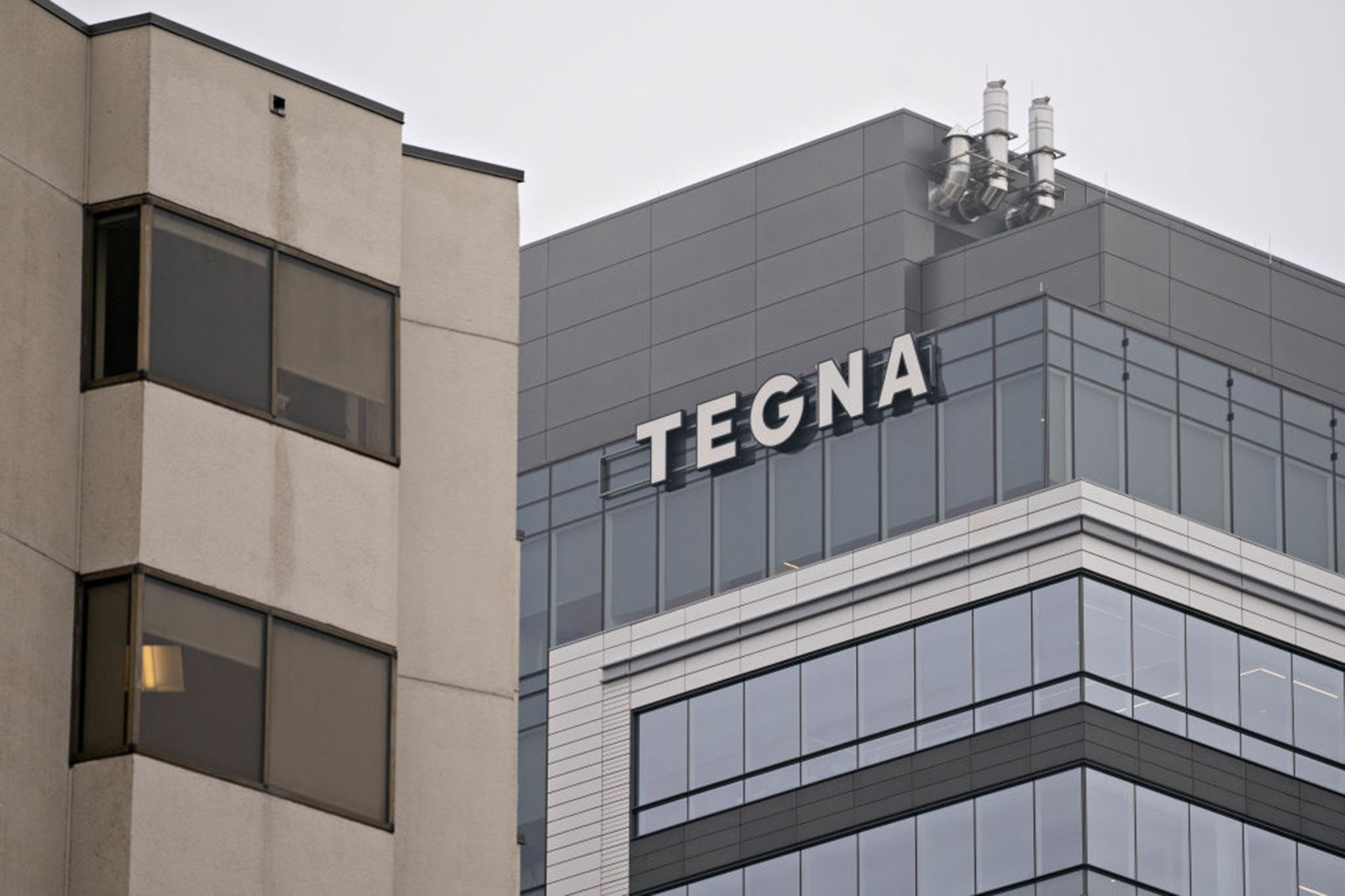Op-Ed: Standard General-Tegna Merger ‘Absolutely Critical’ to Nation’s Future
Advocate for deal to acquire Tegna decries 'racial overtones,' FCC delay tactics

WASHINGTON—The CEO of the country's largest Asian-language television network called for opponents to the Standard-General-Tegna merger currently under review by the FCC to end their “fishing expedition” and approve the deal, calling it “absolutely critical to our country’s governance, and political and economic infrastructure.”
In an op-ed in DC Journal published Wednesday, Frank Washington, CEO of Crossings TV excoriated opponents to the transaction, who say that it will threaten the future of local journalism by centralizing operations and raise cable TV rates. At stake is an $8.6 billion merger in which Standard General is partnering with global equity firm Apollo Global Management to acquire Tegna’s 64 full power TV stations and two radio stations across 51 markets.
Common Cause, in comments to the FCC filed recently said that “the Applicants and their anonymous funders located in the Cayman and British Virgin Islands have proposed a complex series of transactions designed to weaken local journalism and jack up cable subscriber fees” by manipulating “so-called after acquired station clauses to jack up retransmission fees for pay-TV operators.”
Standard General, which is lead by Soo Kim, a naturalized U.S. citizen born in Korea, has said that the merger would advance minority ownership, which was the focus of Washington's op-ed..
Washington claimed that the FCC is holding up the merger, engaging in the aforementioned “fishing expedition,” by holding out for more feedback from opponents, which include House Speaker Nancy Pelosi and Commerce Committee Chairman Frank Pallone, Jr., who told the FCC last week that they had "serious concerns" over the deal. The FCC’s 180-day review period expires within the next week.
“There have been similar media purchasing deals, but they have not received similar treatment,” Washington said. “Is it any wonder so many people question why a minority purchaser often seems to be treated differently than a White counterpart?”
Washington has reason to be bitter at Washington politics when it comes to promoting diverse ownership, pointing to the Minority Tax Certificate which he, in various political positions at the White House and the FCC, helped to establish. That certification was repealed by the Republican Congress in 1995, specifically, Washington claims, to nullify his $2 billion attempt to acquire Viacom’s then cable operations.
Get the TV Tech Newsletter
The professional video industry's #1 source for news, trends and product and tech information. Sign up below.
“Had I succeeded, Frank Washington would be a household name in the media — and a minority one at that,” he wrote. “Instead, I was left to wonder if that was what the Republicans in 1995 wanted to prevent.”
He also didn’t hesitate to address the elephant in the room, noting that the current media landscape is dominated by Elon Musk, Rupert Murdoch and Mark Zuckerberg, “all White men,” and adding that the deal “is being held up by disingenuous actors using racial undertones that are sending the wrong signal to would-be minority media investors.
“In my role as CEO of an Asian-language television channel, I have been a firsthand witness to the discrimination, stereotypes, and abusive behaviors exhibited toward the Asian-American community,” he said. “With that reality in mind, I am troubled that some of the petitioners have urged that the FCC invoke the Committee on Foreign Investment in the United States (CFIUS) law in this transaction. CFIUS applies in instances where foreign nationals attempt to buy or otherwise control U.S.-based companies at risk to our national security.
“Let me be clear: Kim is an American citizen,” Washington continued. “Like so many of his fellow Asian-American business leaders, some born abroad and others here at home, he loves this country and is committed to our laws and our way of life. He isn’t just doing business in America. He is choosing America to be the home of his business.”
Washington urged the FCC to end what he termed the commission’s strategy to “delay, delay and delay,” and to approve the deal, which is now in its ninth month, “a record for comparable transactions.” he added.
“Transactions are ephemeral. Many things can go wrong, including the financing, unexpected events, economic changes, or — as in the Viacom cable case — political changes. If timing isn’t everything, it certainly can have outcome-determinative consequences,” he said.
Tom has covered the broadcast technology market for the past 25 years, including three years handling member communications for the National Association of Broadcasters followed by a year as editor of Video Technology News and DTV Business executive newsletters for Phillips Publishing. In 1999 he launched digitalbroadcasting.com for internet B2B portal Verticalnet. He is also a charter member of the CTA's Academy of Digital TV Pioneers. Since 2001, he has been editor-in-chief of TV Tech (www.tvtech.com), the leading source of news and information on broadcast and related media technology and is a frequent contributor and moderator to the brand’s Tech Leadership events.

